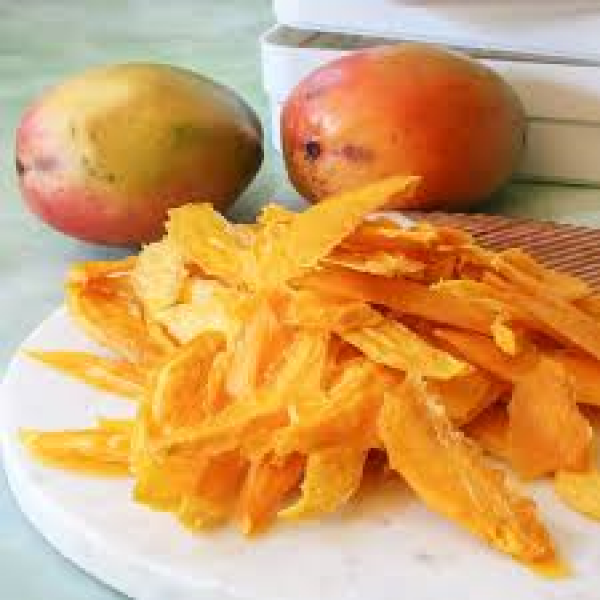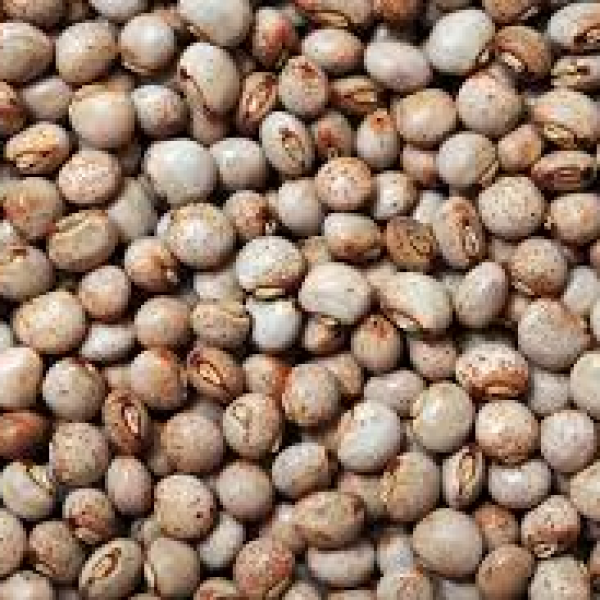
A week-long conference was held in Lilongwe, whose aim was to discuss ideas to mainstream Sanitary and Phytosanitary (SPS) capacity building priorities into the National Policy and Investment frameworks to enhance trade capacity.
The conference was organized by the Common Market for Eastern and Southern Africa (Comesa). The conference has come at a time most countries, including Malawi, continue to face considerable demands to strengthen their SPS capacities to support domestic economic and social policy objectives, including the desire to boost agri-food exports.
Simply put, SPS are measures set aside by governments to protect human or animal life from risks arising from additives, contaminants, toxins or disease-causing organisms in their food.
Speaking when he opened the conference, Controller of Agriculture Services, Alexander Bulirani, said the conference was aimed at piloting the tools to prioritize the SPS Investments for Market Access (P-IMA), to improve the planning and decision making processes on strategic public and private sector investments in SPS capacity that would enhance the country’s market access.
“The subject of SPS is a crucial dimension of trade and industrial policy and as such, the Government of Malawi has made tremendous strides in the formation of plans, policies, laws and regulations that provide for protection of human, animal and plant life and health, and improving the competitiveness of Malawi’s products over the years.
“These frameworks are also intended to promote value addition, protect the environment and improve competitiveness of Malawi’s agriculture products in the domestic regional and international markets,” Bulirani said.
He said non-compliance with SPS measures has resulted in our countries in the region losing out on tremendous export opportunities both at national and at intra-regional trade level.
He said, recently, fruits and vegetables worth over $60 million were intercepted by the European Union and firms holding export license have had some of their products, particularly chillies, intercepted and rejected due to presence of pests and other hazards.
Comesa Director for Industry and Agriculture Division Province Mavubi, said with a population of 492 million people and a GDP value of $682 billion as at 2015, Comesa is one of the largest economic and trading regional community in Africa.
She, however, said intra Comesa trade remains low relative to other regions, stagnating at around 11 percent of total Comesa exports and with the majority of traded products being with low added value.
She attributed this to the lack of industrial diversification, the existence of non-tariff barriers (NTBs), supply side constraints and cumbersome border measures.
“The low intra trade is not suprising, given the varied SPS and Technical Trade Barriers standards and regulatory frameworks across member stated and the high levels of non-compliance amongst regional SMEs.
“Within the Comesa Region, it is estimated that 70 percent of the reported Non-Tariff Barriers are constituted by Technical Barriers to Trade (TBTs) and SPS measures. Comesa Secretariat notes further that low SPS capacity amongst the value chain actors’ constraints intra-regional trade, undermines industry competitiveness, trade facilitation and market access for food and agricultural products,” Mavubi said.
Malawi Mangoes General Manager, Charlie Leaper, said the meeting is crucial as it would help his company appreciate some challenges in reaching out to the regional market.
Source: Daily Times




